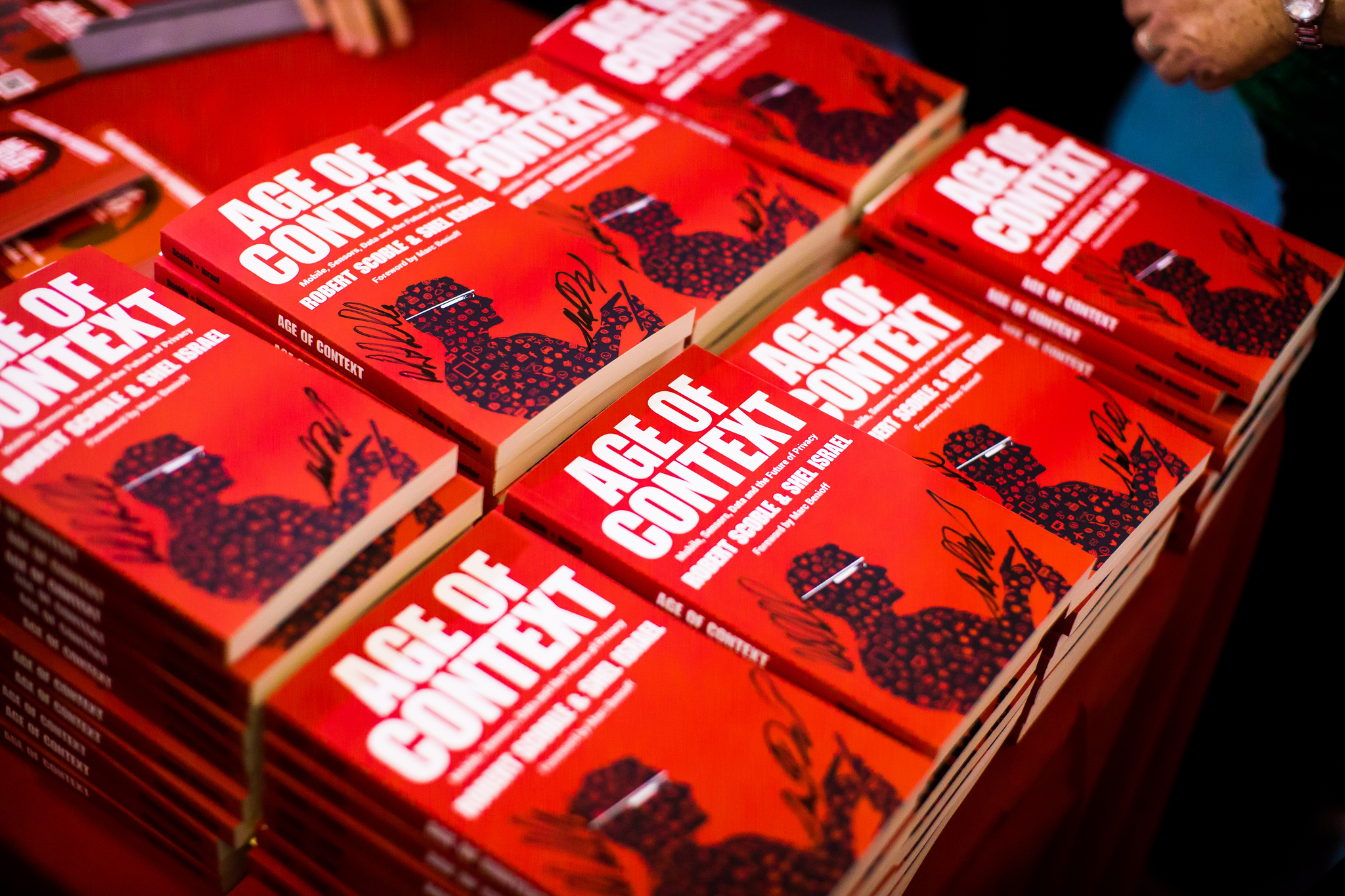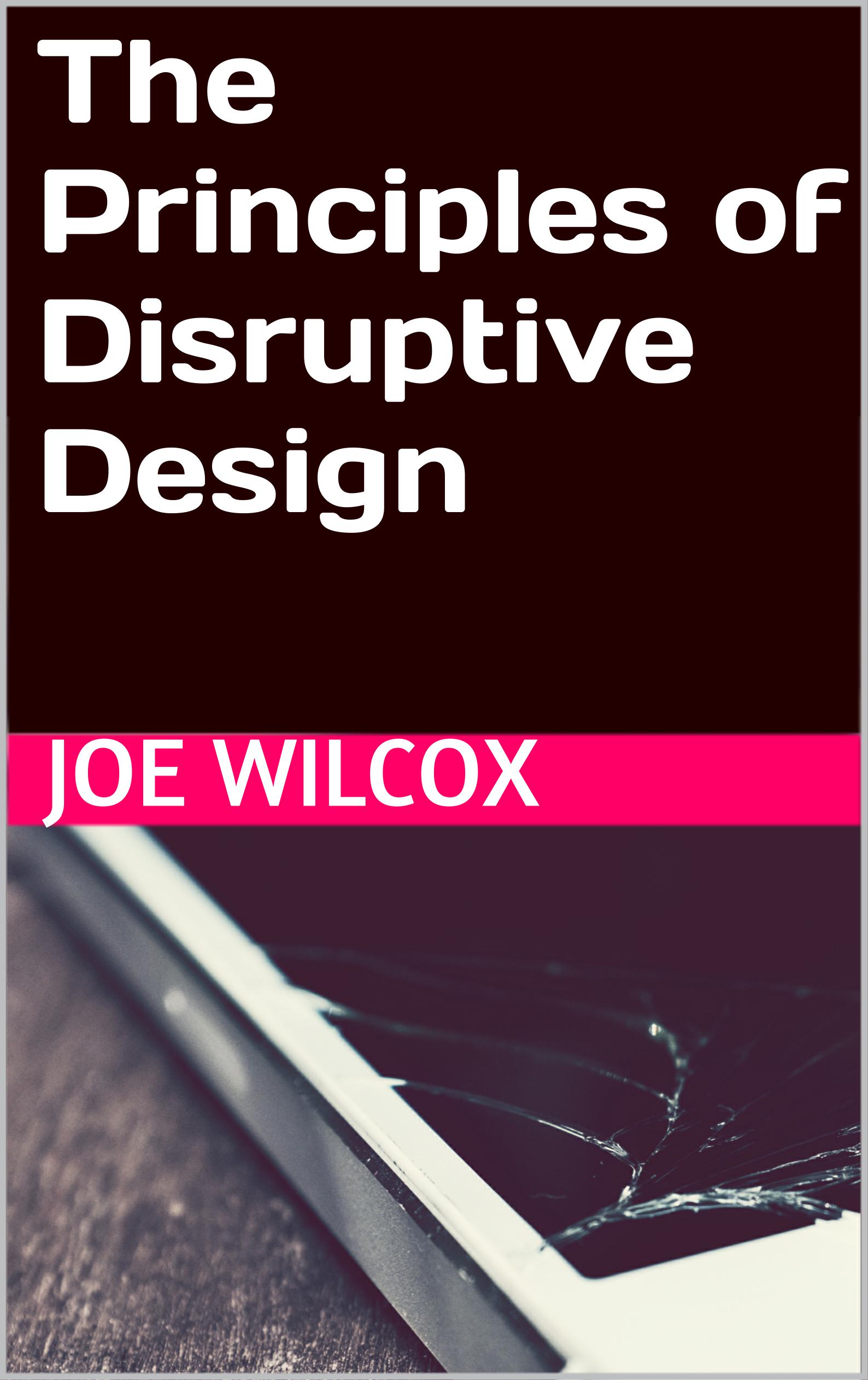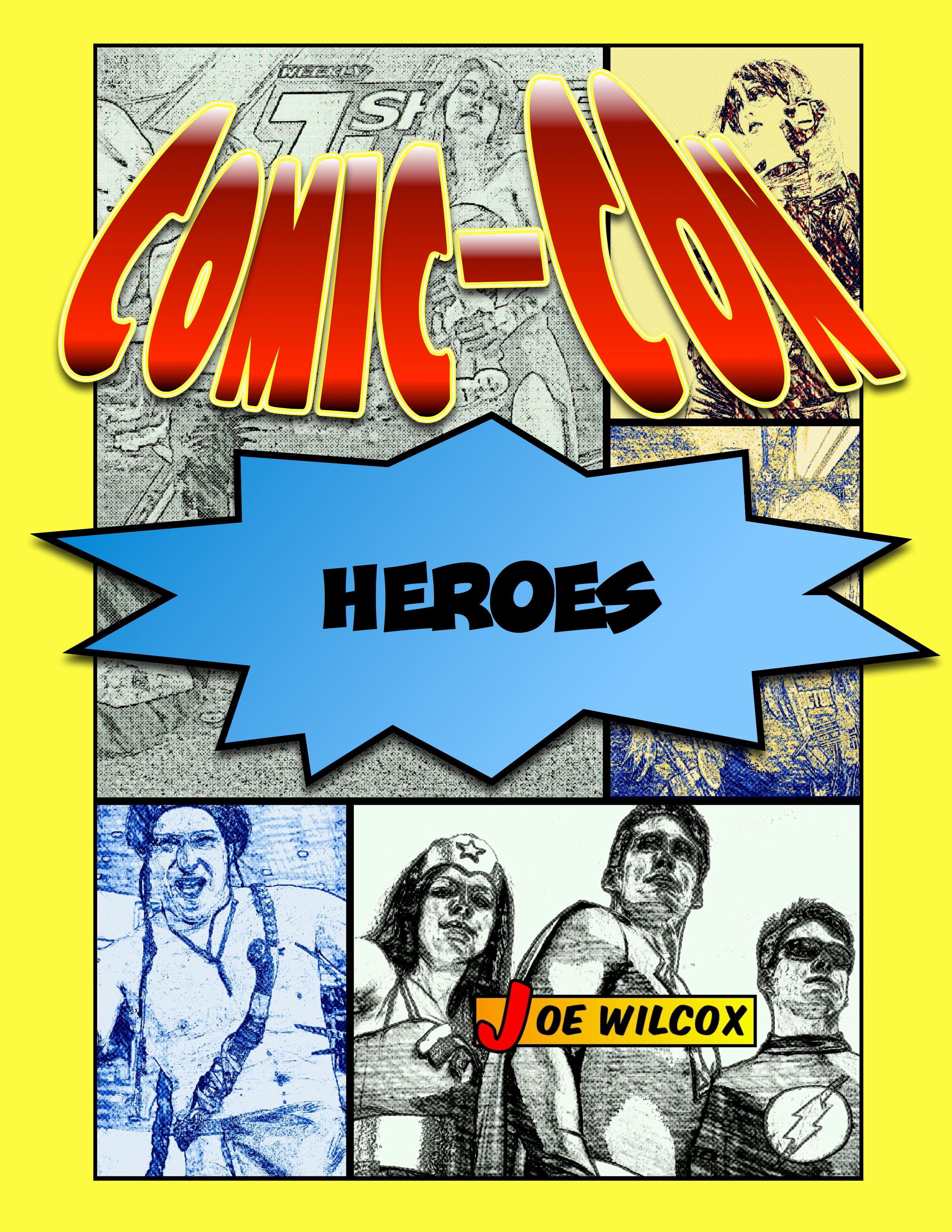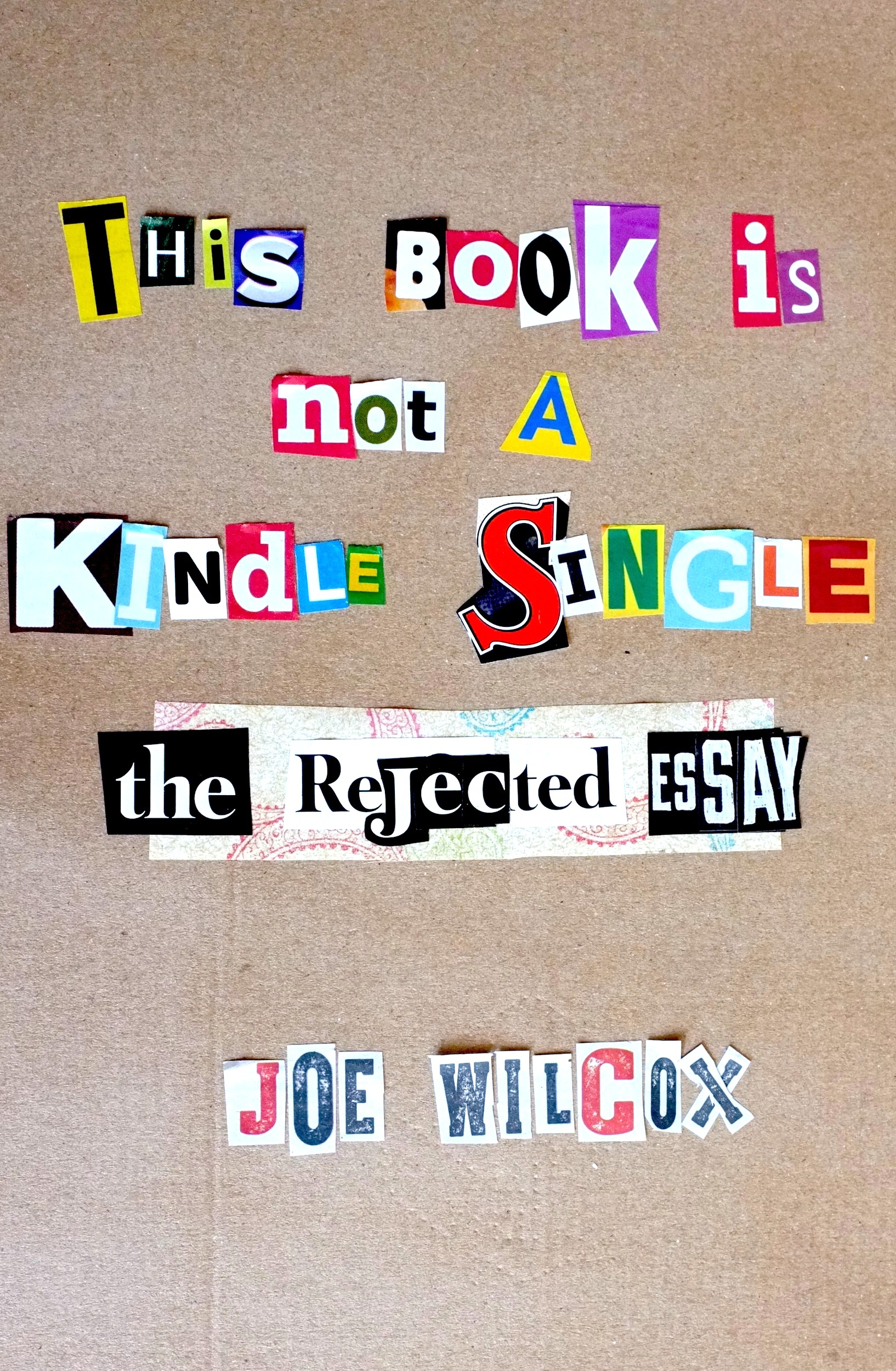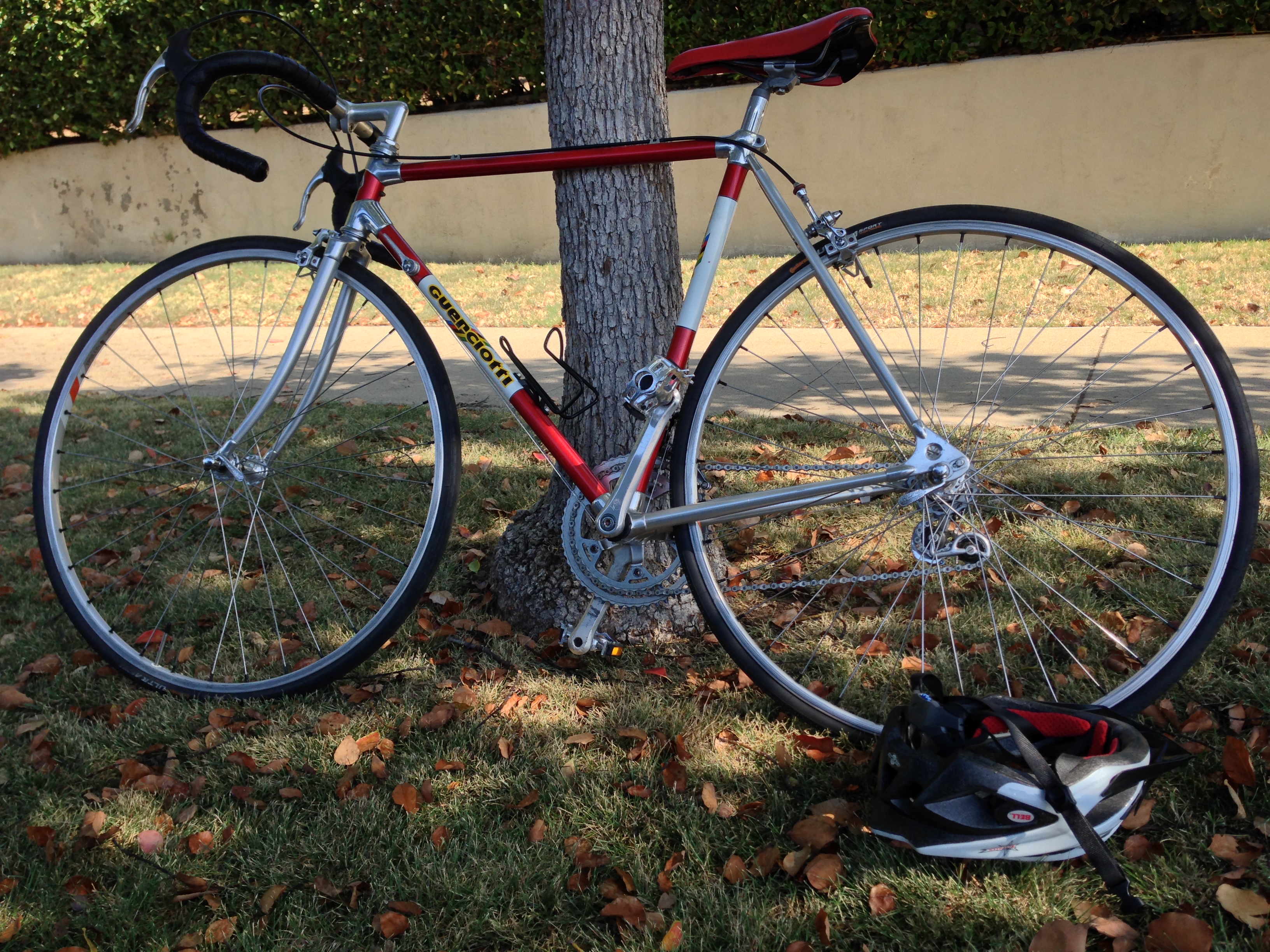Yesterday, my first ebook published to Amazon, with the strangest of titles, having nearly nothing to do with the contents. In May, I submitted “The Principles of Design” to the bookseller for consideration as a Kindle Single. Singles are curated, short-form works, between 5,000 and 30,000 words. Amazon acts as editor and publisher. Four weeks later to the day, I received a rejection letter, without any explanation.
That put me squarely down the self-publishing path, which is exactly where I didn’t want to be for this first work. Books are a strange frontier to me, a vaguely familiar landscape but alien—like Mars is to Earth. I wanted Amazon to walk me across this domain. Besides, to start, I plan to write mostly shorter non-fiction essays, which look to be perfectly-suited for Kindle Singles. But the rejection email, and realization that editorial approval takes up to a month, changed plans.



